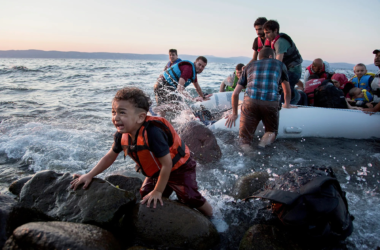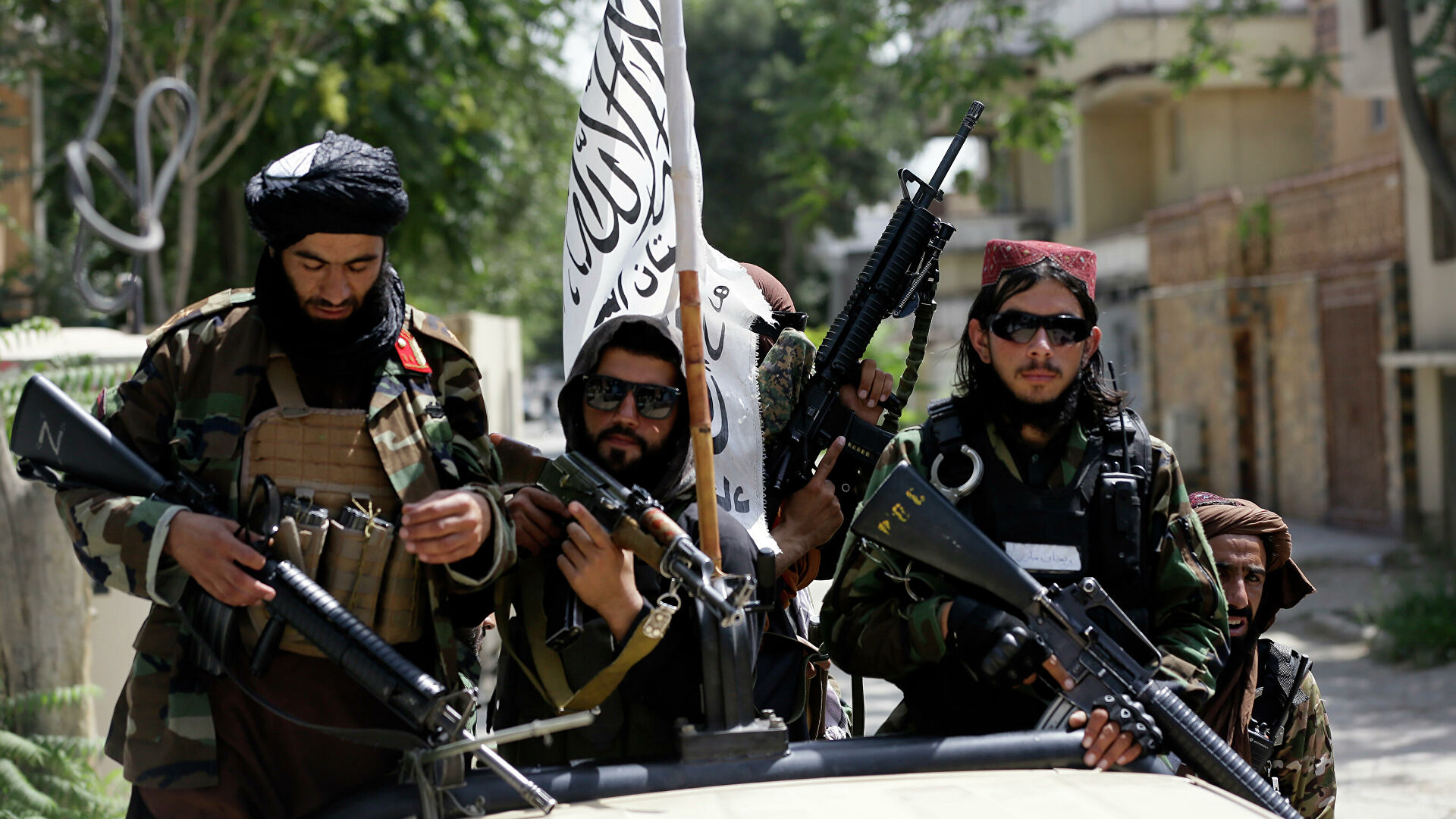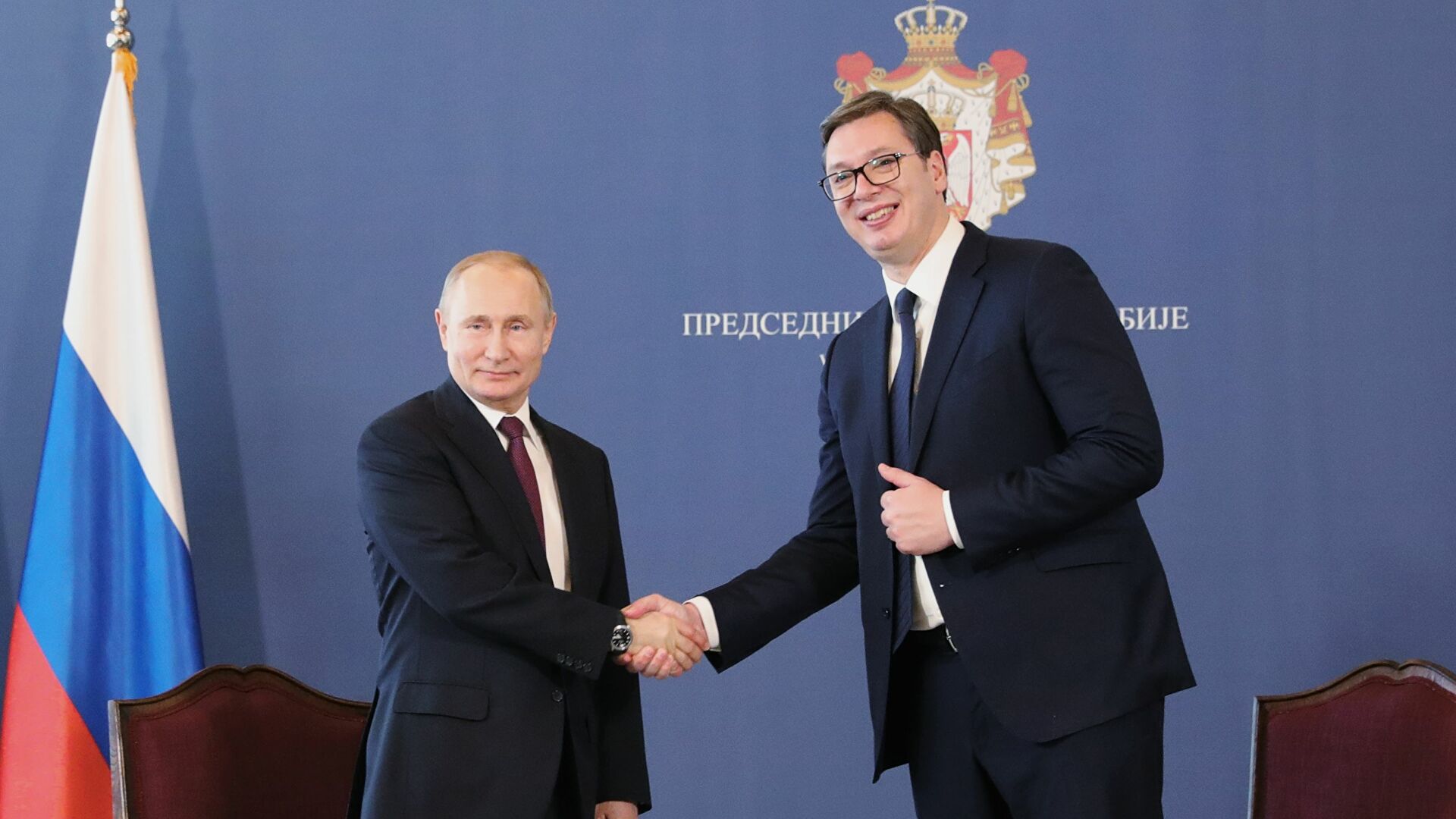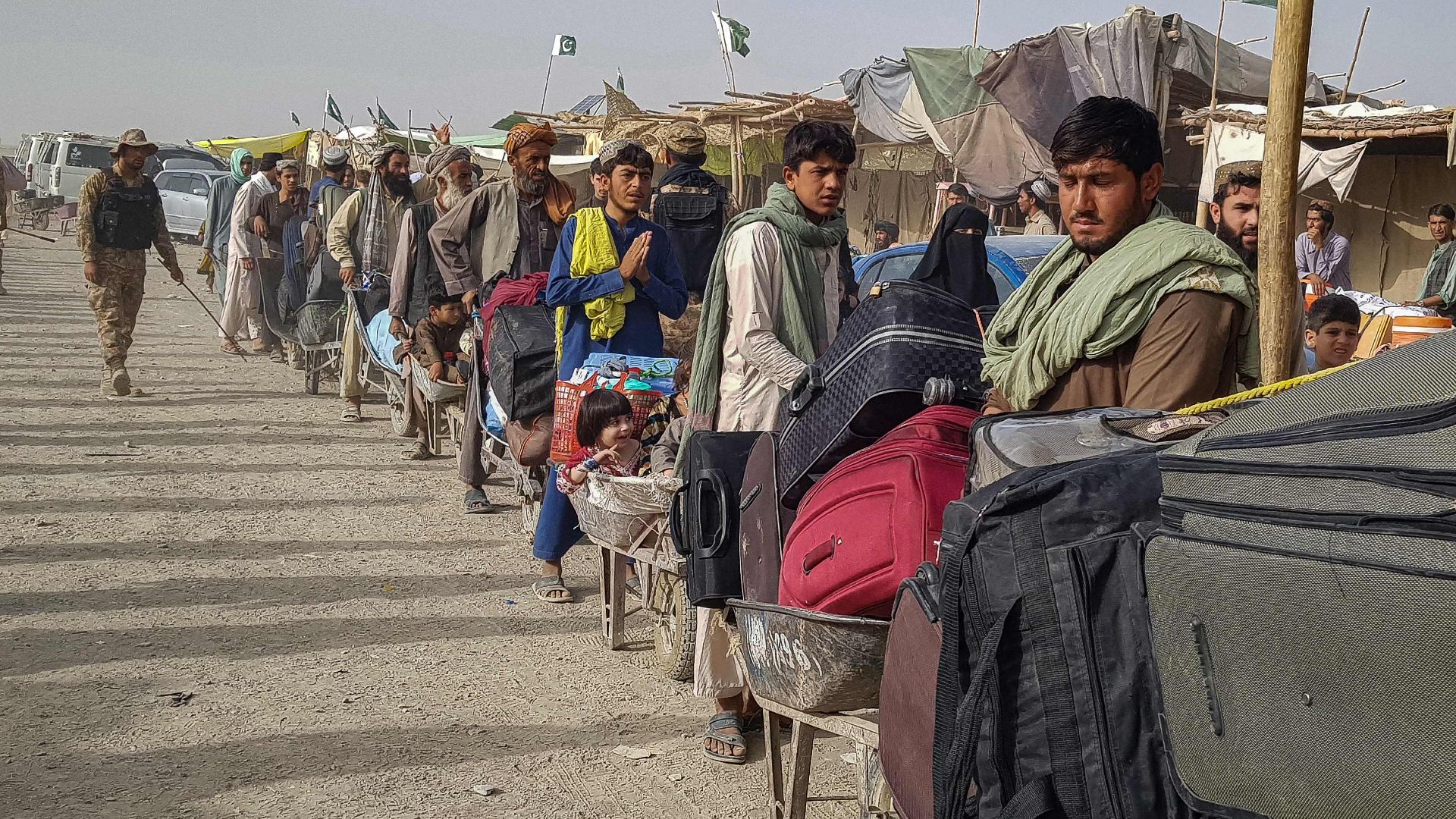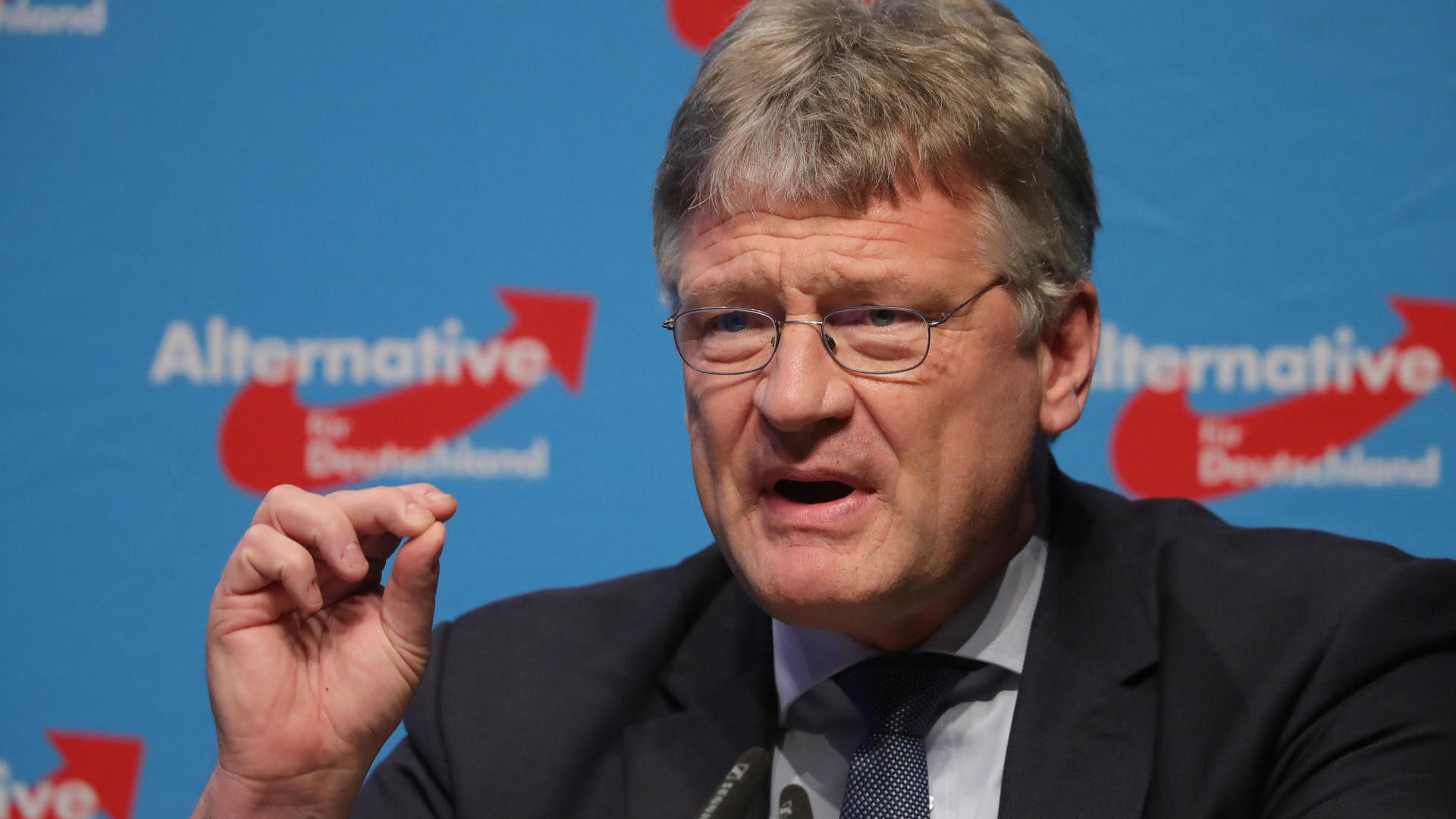Russia is concerned about growing Western influence in former Soviet Republics and believes that the US aims to use these countries as pawns in order to continue its former Containment Policy after the Cold War. This idea pursued a five-day war in 2008 with a former Soviet Republic, Georgia, which was developing a friendly relationship with NATO at that time and more importantly the US. The war occurred over the question of who do the autonomous territories South Ossetia and Abkhazia belonged to. Although years have passed since the war, the answer is still different for the two sides and it remains to be a frozen conflict. Let’s see the South Ossetia conflict in detail.
Georgia was an independent nation before and after its incorporation into the Russian sphere of influence, which has occurred twice in history.[1]
Georgia, which was completely part of the Russian Empire after the Russo-Turkish War of 1877–78 gained its independence in 1918 at the time of the Russian Revolution and remained so as an independent nation until 1921. In that year, the Republic of Georgia forced to become a part of the Soviet Union and then in 1922 South Ossetian autonomous oblast was created within the Georgian SSR which caused major problems in the 1990s.[2]
In 1989, South Ossetia lobbied for joining its territory with North Ossetia in Russia or for independence. [3]
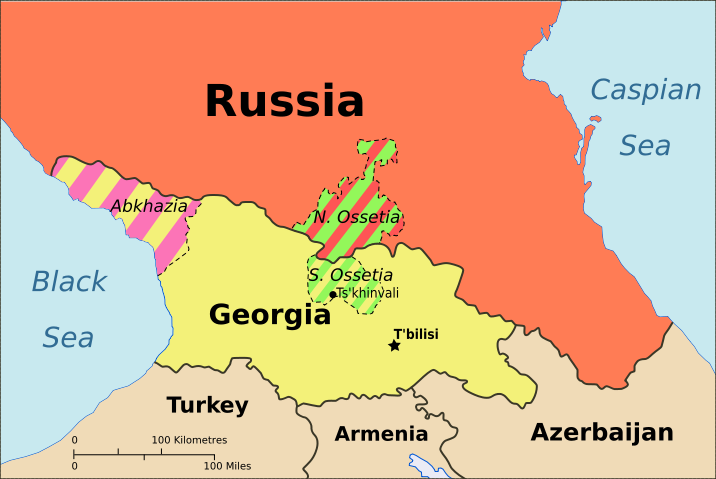

After the fall of the Soviet Union in 1991, Georgia and South Ossetia were quick to declare their independence. In January 1991, hostilities broke out between the two parties and Georgia sent his military to institute Georgian law in the territory, a battle ensued.[4]
In accordance with the Sochi Agreement that brought an end to the Georgian-Ossetian armed conflict of 1991-92 South Ossetia’s security had been maintained by the Joint Peacekeeping Forces (JPKF), involving battalions from Russia and South Ossetia.[5]
How did the rise of Mikheil Saakashvili affect the relations?
As relations remained relatively peaceful, after the pro-Western Rose Revolution in Georgia in 2003, Mikhail Saakashvili’s election in 2004 would dictate a major policy change. Saakashvili determined EU and NATO memberships were the primary policies of Georgia. In response to these policies, Russia increased its support for the separatist conflict in South Ossetia. [6]
In 2004, Saakashvili pledged to bring South Ossetia back into the Georgian sphere of influence. He authorized incursions into Russian peacekeeping territories and bombardments of Ossetian cities and villages. As this type of behavior continued, Saakashvili developed a friendly relationship with NATO and more importantly the United States.[7]
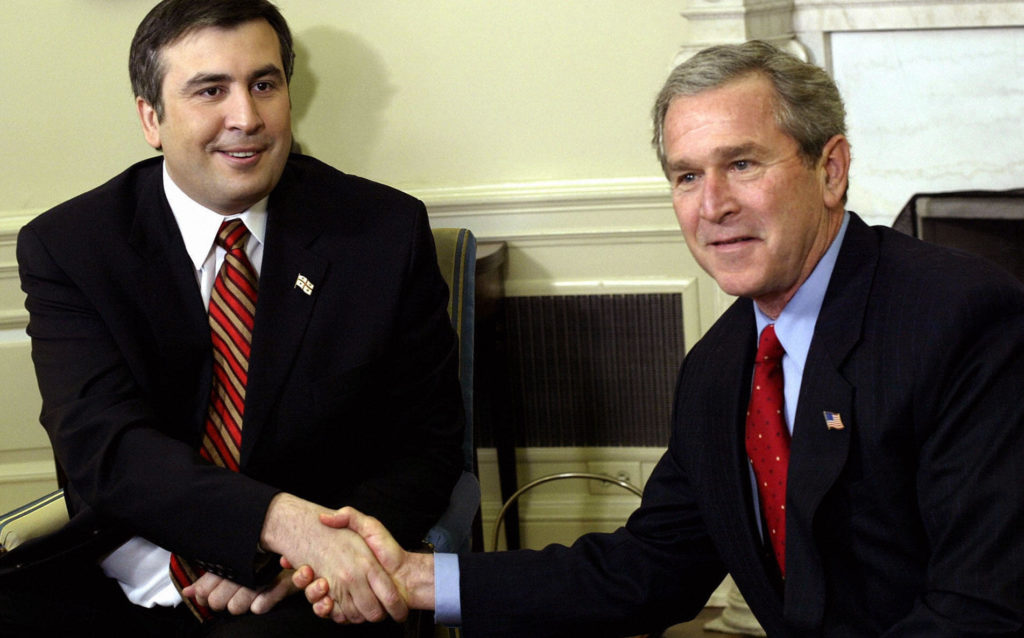

Georgia’s always-tense relationship with its northern neighbor worsened in late 2006, when Saakashvili’s government accused Putin, who was Russia’s prime minister at the time, of supporting the separatist cause. After Georgia arrested four Russian military officers for suspected espionage, Russia responded by closing Georgian businesses and deporting Georgian citizens.[8] Also, Putin warned if NATO recognizes Georgia as a member and if president George W. Bush continues to support Saakashvili on his brave actions, then Russia would recognize South Ossetia as an independent state.
Preparations for the inevitable war
During the latter half of July 2008, Russia conducted a military exercise that proved to be a rehearsal for Russian actions in Georgia a few weeks later. Code-named Caucasus 2008, the exercise involved more than 8,000 troops and was conducted near Russia’s border with Georgia.
One scenario was a hypothetical attack by unnamed (but undoubtedly Georgian) forces on Georgia’s breakaway regions of Abkhazia and South Ossetia. Russian forces practiced a counterattack by land, sea, and air to buttress Russia’s “peacekeepers” stationed in the regions, protect “Russian citizens,” and offer humanitarian aid. The Georgian Foreign Ministry protested that the scenario constituted a threat of invasion.[9]
After several months of violent exchanges between South Ossetians and Georgians, on the evening of 7 August 2008, the Georgian military entered South Ossetia and dashed for its capital city Tskhinvali.
Russia responded by moving its troops to the border and conducting airstrikes on Georgian positions in the region and until 11 August, Russian Forces pushed the Georgian military out of South Ossetia. [10]
With the United States, United Kingdom and NATO calling for a ceasefire, the conflict continued for five days, as Russia quickly took control of Tskhinvali and rolled its tanks and troops through Ossetia into Georgia, stopping only about 30 miles from Tbilisi, the Georgian capital.
Beyond diplomatic efforts and humanitarian aid, the international community did little to stop the conflict.[11] “No one was willing to go to war for Georgia,” Mark Galeotti points out, an expert on modern Russian history and security affairs. “This was a time in which no one really wanted to provoke Russia. So…to a large extent, Georgia was left on its own”
As Saakashvili wanted stringent sanctions placed on Russia, the EU and the US were unwilling to do so. This is due to the fact that Europe and the US depend on Russian energy. In June 2008 alone, the US imported nearly 23 million barrels of petroleum products from Russia. For the EU, Russia was its third-largest trading partner.[12]
The Frozen End of the War
The five-day conflict ended on August 12 while on August 15 Saakashvili signed a peace deal with then Russian President Dmitry Medvedev. According to an official EU fact-finding report in 2009, nearly 850 people were killed during the five-day conflict, while some 35,000 Georgians were left homeless.
On August 26, Russia recognized the independence of South Ossetia and Georgia’s other breakaway region, Abkhazia.[13] Due to its support in these conflicts and the war it has entered in, Russia has blocked the EU and NATO memberships of Georgia and also gained two buffer zones in the Caucasus. [14]
Perhaps the most lasting consequence of the Russia-Georgia War can be seen in what happened six years later, in Ukraine. Moscow’s aggressive reaction to its long-simmering tensions with Georgia announced Russia’s reemergence as a military power, and paved the way for its controversial dealings with another former Soviet republic, Ukraine, beginning in 2014.[15] “In hindsight, one wonders, would Crimea and the Donbas wars have happened if the West had been more robust in its response to Georgia?” asks Galeotti.
Turkey and the South Ossetia Conflict
Turkey has always supported the territorial integrity of
Georgia and continues to support it; It desires to resolve the separatist
conflicts in the country (within the framework of Georgia’s sovereignty and
territorial integrity principles) peacefully and supports efforts in this
direction. Georgia is one of the countries in the region that has strategic importance
for Turkey. One of the most important areas of cooperation between Turkey and
Georgia are energy. Georgia has a strategic location in the context of the
transportation of Caspian and Central Asian energy resources to Turkey and to
the Western markets. So the normalization of Georgia-Russia relations is very
important also for the fate of the region.
[1] https://education.stateuniversity.com/pages/507/Georgia-HISTORY-BACKGROUND.html
[2] https://www.youtube.com/watch?v=dp4r1v6-__E&list=LL9JPIQkxxS-F8IkHKuOlp5w&index=4&t=0s
[3] https://fas.org/sgp/crs/row/RL34618.pdf
[4] https://www.youtube.com/watch?v=dp4r1v6-__E&list=LL9JPIQkxxS-F8IkHKuOlp5w&index=4&t=0s
[5] https://sputniknews.com/analysis/201808081067050906-georgia-us-south-ossetia/
[6] https://www.aa.com.tr/tr/analiz/guney-kafkasya-da-yeni-kriz/1516132
[7] https://www.youtube.com/watch?v=dp4r1v6-__E&list=LL9JPIQkxxS-F8IkHKuOlp5w&index=4&t=0s
[8] https://www.history.com/news/russia-georgia-war-military-nato
[9] https://fas.org/sgp/crs/row/RL34618.pdf
[10] https://www.youtube.com/watch?v=dp4r1v6-__E&list=LL9JPIQkxxS-F8IkHKuOlp5w&index=4&t=0s
[11] https://sputniknews.com/analysis/201808081067050906-georgia-us-south-ossetia/
[12] https://www.youtube.com/watch?v=dp4r1v6-__E&list=LL9JPIQkxxS-F8IkHKuOlp5w&index=4&t=0s
[13] https://edition.cnn.com/2014/03/13/world/europe/2008-georgia-russia-conflict/index.html
[14] https://www.aa.com.tr/tr/analiz/guney-kafkasya-da-yeni-kriz/1516132
[15] https://www.history.com/news/russia-georgia-war-military-nato


